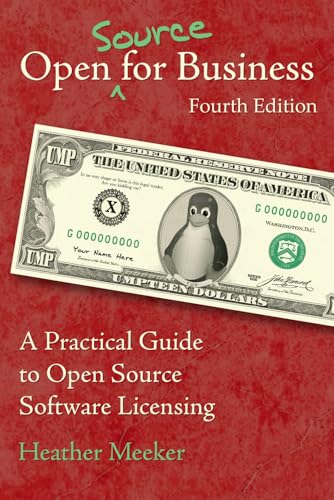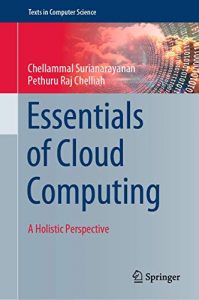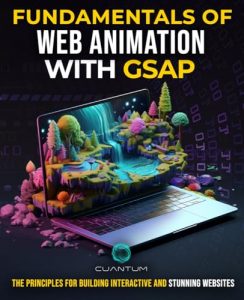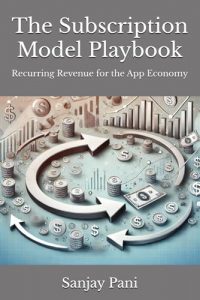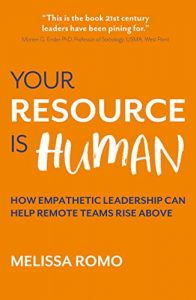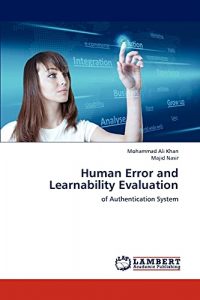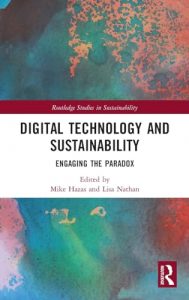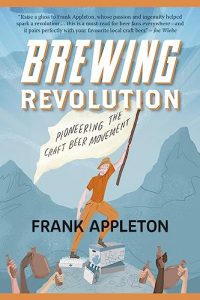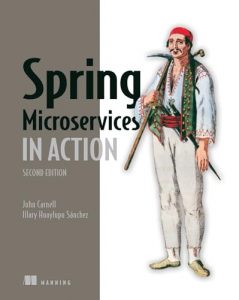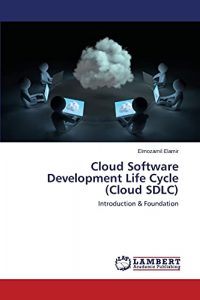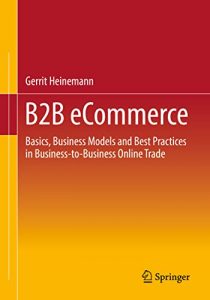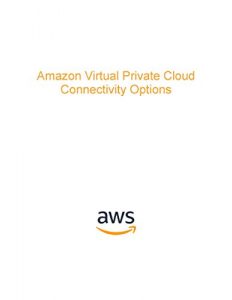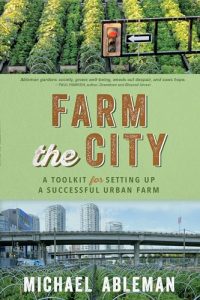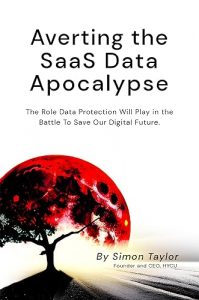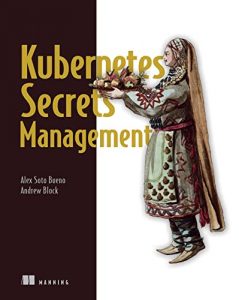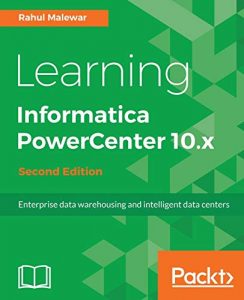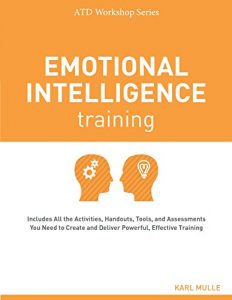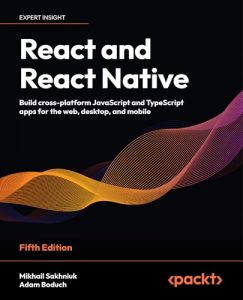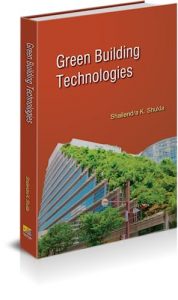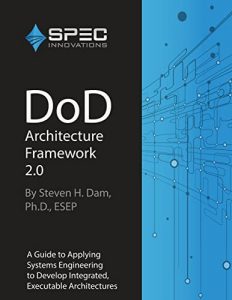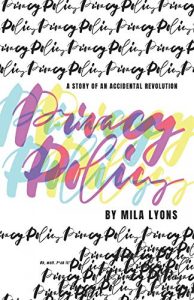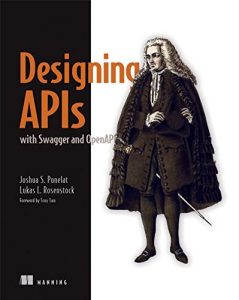1. Open (Source) for Business: A Practical Guide to Open Source Software Licensing – Fourth Edition
Heather Meeker’s “Open (Source) for Business” is an essential read for anyone delving into the complex world of open-source software licensing. With updated insights and comprehensive details, this guide demystifies the often daunting legalese surrounding open-source licenses. It’s invaluable for entrepreneurs, lawyers, and developers alike, aiming to understand the implications of using open-source software in their projects. The practical advice and real-world examples make it an approachable resource for navigating the intricacies of software law. Equip yourself with the knowledge to leverage open-source tools effectively while safeguarding your business interests.
2. Working in Public: The Making and Maintenance of Open Source Software
Nadia Eghbal’s “Working in Public” takes you behind the scenes of the open-source community, exploring how collaborative software projects are built and maintained. It offers a critical examination of the social and technical structures that enable these projects. Eghbal’s thoughtful analysis not only gives readers a deeper understanding of the open-source dynamic but also inspires new contributors to engage with existing projects or start their own. The narrative is compelling and filled with personal accounts, making it a must-read for anyone interested in technology’s communal aspect.
3. Rebel Code: Linux And The Open Source Revolution
Glyn Moody’s “Rebel Code” chronicles the rise of Linux and the open-source revolution that changed the face of technology. It dives deep into the story of renegade programmers and their war against proprietary software, revealing how they championed a different way of thinking about software development and ownership. This book is a fascinating blend of history and tech evolution, perfect for tech enthusiasts looking to grasp the roots of open-source ideology. Moody brings a passionate narrative that both enlightens and entertains, making it a cornerstone read for understanding modern computing.
4. Open Source Property: Volume II
This collaborative work features contributions from several esteemed authors, including Stephen Clowney and Rebecca Tushnet. “Open Source Property: Volume II” delves into the legal and philosophical implications of open-ended properties in the digital age. With the internet transforming traditional notions of ownership, this book challenges readers to rethink intellectual property rights. It’s essential for legal scholars and tech entrepreneurs seeking a deeper understanding of how open-source frameworks can influence property law and technological innovation, making it a critical addition to any legal or tech library.
5. OSINT Techniques: Resources for Uncovering Online Information
Michael Bazzell and Jason Edison bring to light the importance of Open Source Intelligence (OSINT) with their book “OSINT Techniques.” This resource is perfect for investigators, journalists, and anyone needing to uncover online information efficiently. It offers practical tools and techniques to navigate through the vast amounts of data available on the internet. Readers will gain insight into various resources and methodologies for effective information gathering, making it a valuable guide for enhancing research capabilities in an increasingly complex digital landscape.
6. Deep Dive: Exploring the Real-world Value of Open Source Intelligence
In “Deep Dive,” Rae L. Baker and Micah Hoffman explore the practical applications of Open Source Intelligence. This book provides a thorough understanding of how OSINT can be effectively used in various industries, from law enforcement to competitive research. With case studies and in-depth analysis, the authors highlight the real-world effectiveness and ethical considerations of using open-source data. It’s a must-read for professionals who rely on accurate information gathering in their work, providing insights that can shape strategic decisions based on reliable data.
7. The Great Regeneration: Ecological Agriculture, Open-Source Technology, and a Radical Vision of Hope
Authored by Dorn Cox, Courtney White, and David Bollier, “The Great Regeneration” offers a revolutionary viewpoint that marries ecological agriculture with open-source technology. The authors provide a hopeful outlook on how these two fields can innovate and create sustainable solutions to the pressing environmental trials we face today. This book is not just for tech enthusiasts or ecologists but for anyone interested in sustainable living and innovative solutions to global challenges. It invites us to envision a future where our technologies are deeply intertwined with nature.
8. Open-Source Property: Spring 2025
In this promising sequel, experts including Roger Allan Ford and Stephen Clowney delve further into the legal landscape surrounding open-source property. Set to release in Spring 2025, this book seamlessly builds upon its predecessors, addressing evolving issues in the realm of open-source legal frameworks. It’s an essential guide for academics, practitioners, and advocates striving to navigate this continually shifting landscape. Pre-order your copy to ensure you stay ahead in understanding how open-source concepts are shaping the future of law and technology.
9. Fostering Open Source Culture: Increase Innovation and Deliver Faster with Open Source
Arun Gupta’s “Fostering Open Source Culture” highlights the significance of nurturing an open-source culture within organizations. This book outlines strategies to enhance innovation and accelerate delivery through open-source methodologies. Gupta provides practical insights grounded in real-world applications, demonstrating how organizations can benefit from embracing open-source principles. It offers valuable guidance for leaders and teams looking to transform their operations and leverage the collective knowledge of the global community. For anyone in tech management or development, this read is critical for driving sustainable progress.
10. Open (Source) for Business: A Practical Guide to Open Source Software Licensing — Second Edition
For those who missed the first edition, Heather Meeker presents the second edition of “Open (Source) for Business”. This work remains a crucial resource for understanding open-source software licensing. It emphasizes updated practices and case studies from recent years, ensuring readers are armed with knowledge about current trends. The clarity with which Meeker explains complex legal terms makes this book accessible, yet comprehensive. It’s a highly recommended read for tech developers and legal professionals to mitigate the risks involved in open-source software use.

